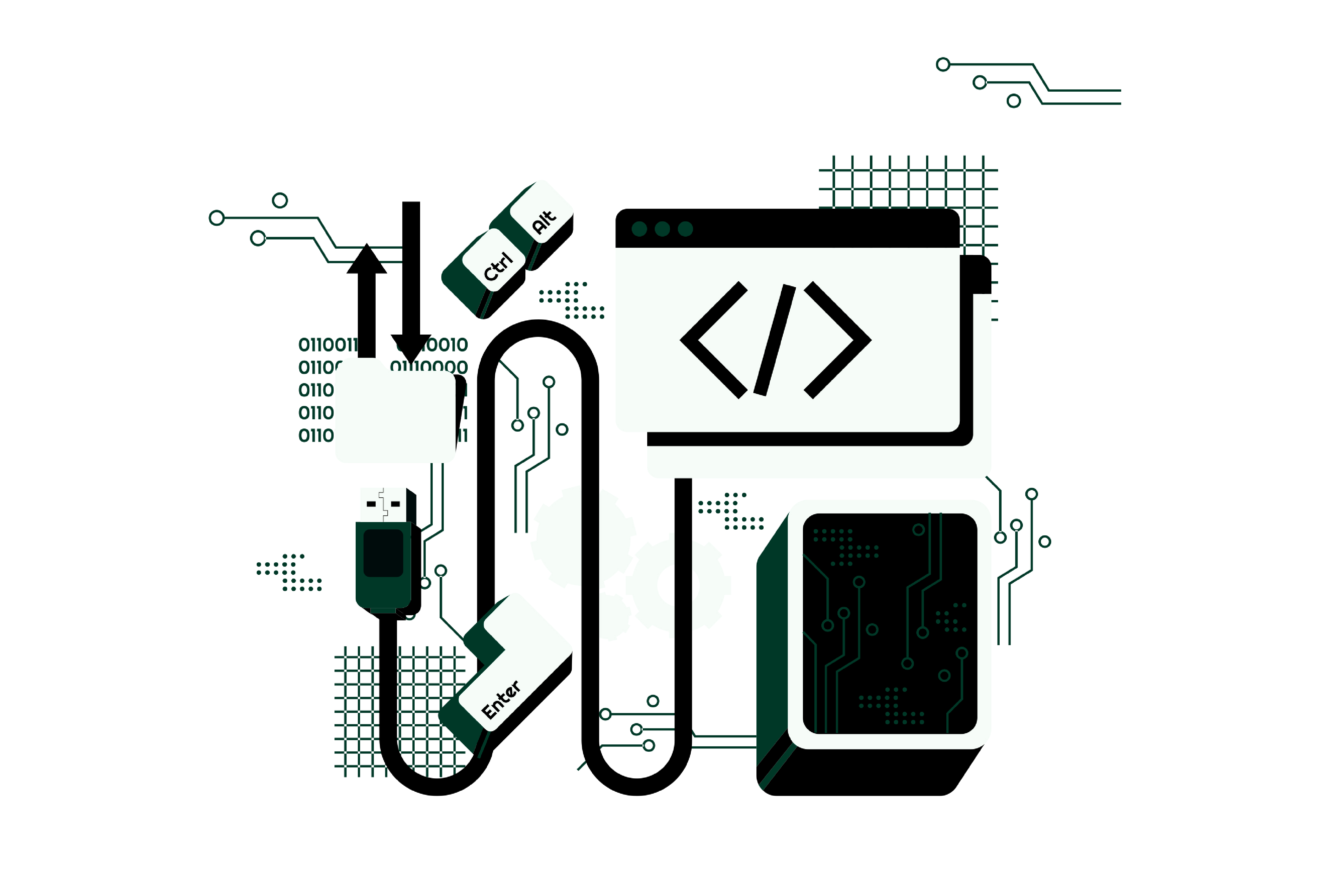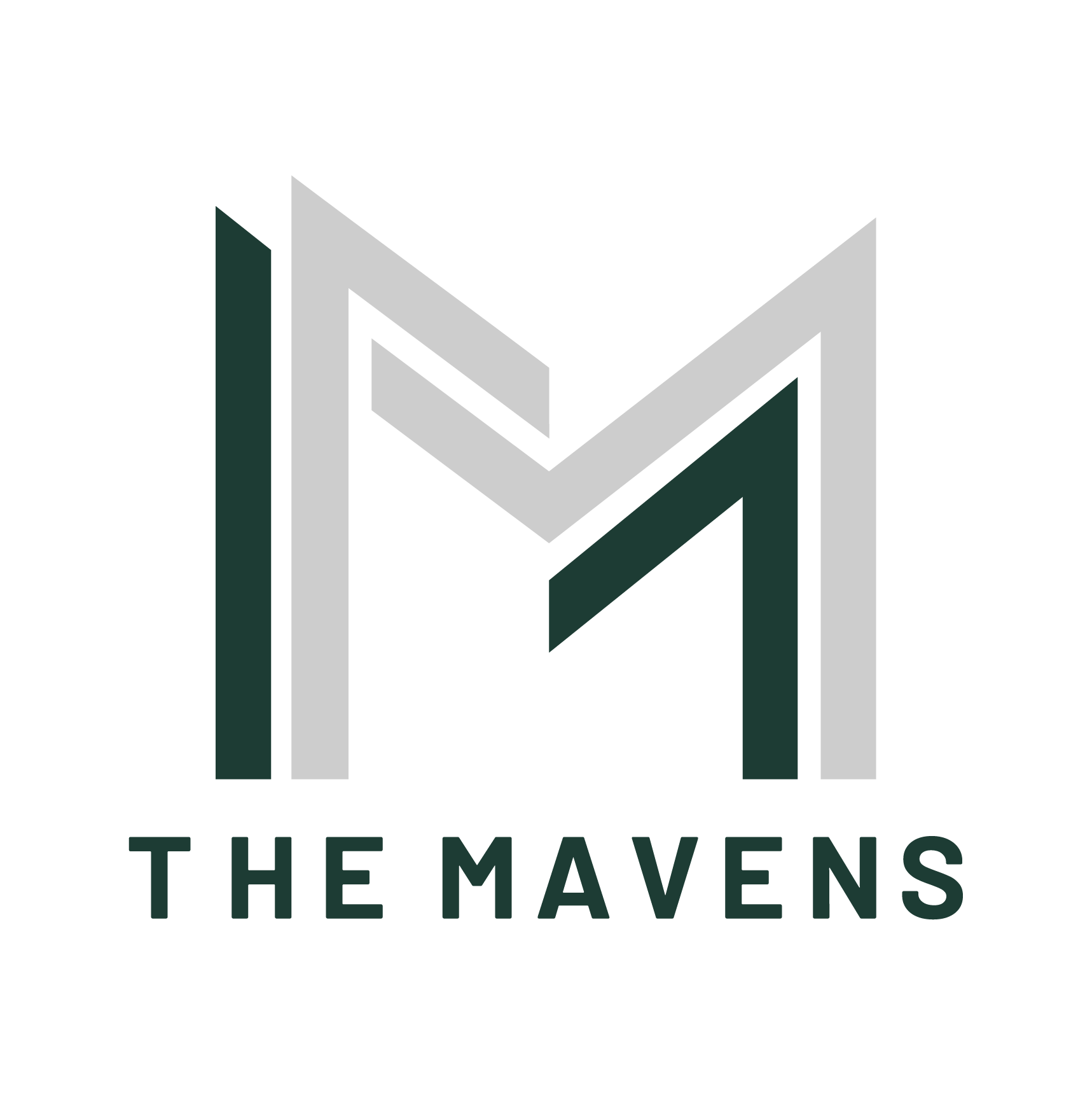Programming

Introduction
Programming, often referred to as the art and science of instructing computers to perform tasks, is a fundamental skill in the digital age. It's the language that empowers software, applications, and technology to bring our digital world to life .
The Significance of Programming
1. Enabling Innovation:
Programming is the driving force behind innovation in technology. It allows us to create new software, design interactive websites, develop mobile apps, and engineer advanced solutions to complex problems.
2. Automation and Efficiency:
Programming enables automation, which simplifies and streamlines repetitive tasks. It's used in various industries, from manufacturing to finance, to improve efficiency and reduce human error.
3. Problem Solving:
At its core, programming is problem-solving. It challenges individuals to break down complex issues into smaller, manageable steps and write code to address each aspect. This approach to problem-solving is valuable not only in technology but also in various life situations.
4. Digital Transformation:
The digital transformation of businesses and organizations is powered by programming. It allows companies to adapt to the changing landscape, improve customer experiences, and stay competitive in a rapidly evolving market.
Programming Language
There are numerous programming languages, each with its unique strengths and applications. Some popular programming languages include:
1.ASP.net mvc core
ASP.NET MVC Core is a lightweight and cross-platform web framework developed by Microsoft. It allows developers to build modern web applications using the Model-View-Controller (MVC) architectural pattern. It's known for its high performance, flexibility, and support for building web applications that can run on Windows, macOS, and Linux.
2.vb.net:
VB.NET, or Visual Basic .NET, is a modern programming language developed by Microsoft. It is a user-friendly and versatile language that is part of the .NET framework. VB.NET is widely used for developing Windows applications, web applications, and other software solutions. It features a straightforward syntax and robust integrated development environment (IDE), making it an excellent choice for both beginners and experienced developers.
3. Python:
Known for its simplicity and readability, Python is a versatile language used in web development, data analysis, and artificial intelligence.
4. Java:
Java is widely used for building Android apps, web applications, and enterprise-level software.
5. C++:
This language is essential for system programming, game development, and creating high-performance software.
6.HTML:
HTML (Hypertext Markup Language) is a fundamental web technology used to create and structure the content of web pages. It consists of a set of tags and attributes that define elements like headings, paragraphs, links, images, and more. These elements are organized within a document to create the visual and structural layout of a webpage, and browsers render them to display the content to users. HTML forms the backbone of the World Wide Web, enabling the creation of interactive and interconnected web pages.
7. JavaScript:
JavaScript is the language of the web, allowing for dynamic and interactive web pages.
Conclusion
Programming is the language that bridges the gap between human creativity and the capabilities of computers. It empowers us to create, automate, solve problems, and shape the digital world around us. In a technology-driven society, the ability to program is a valuable skill that opens doors to countless opportunities. Whether you aspire to be a software developer, a data scientist, a web designer, or simply want to expand your problem-solving abilities, learning to program is a journey worth embarking upon. It's a skill that empowers individuals to drive innovation and make a lasting impact in the digital era.
